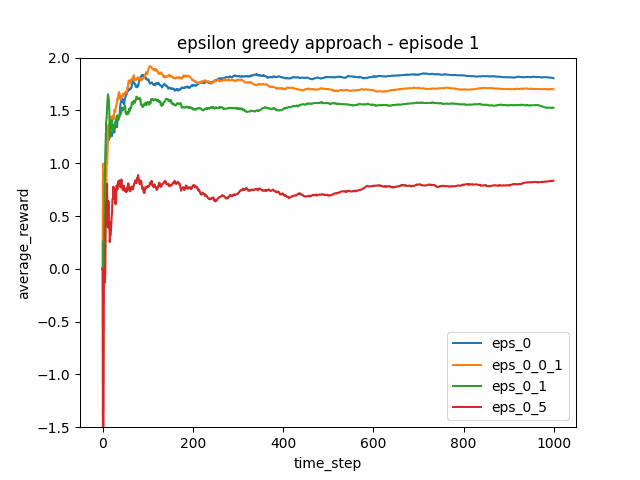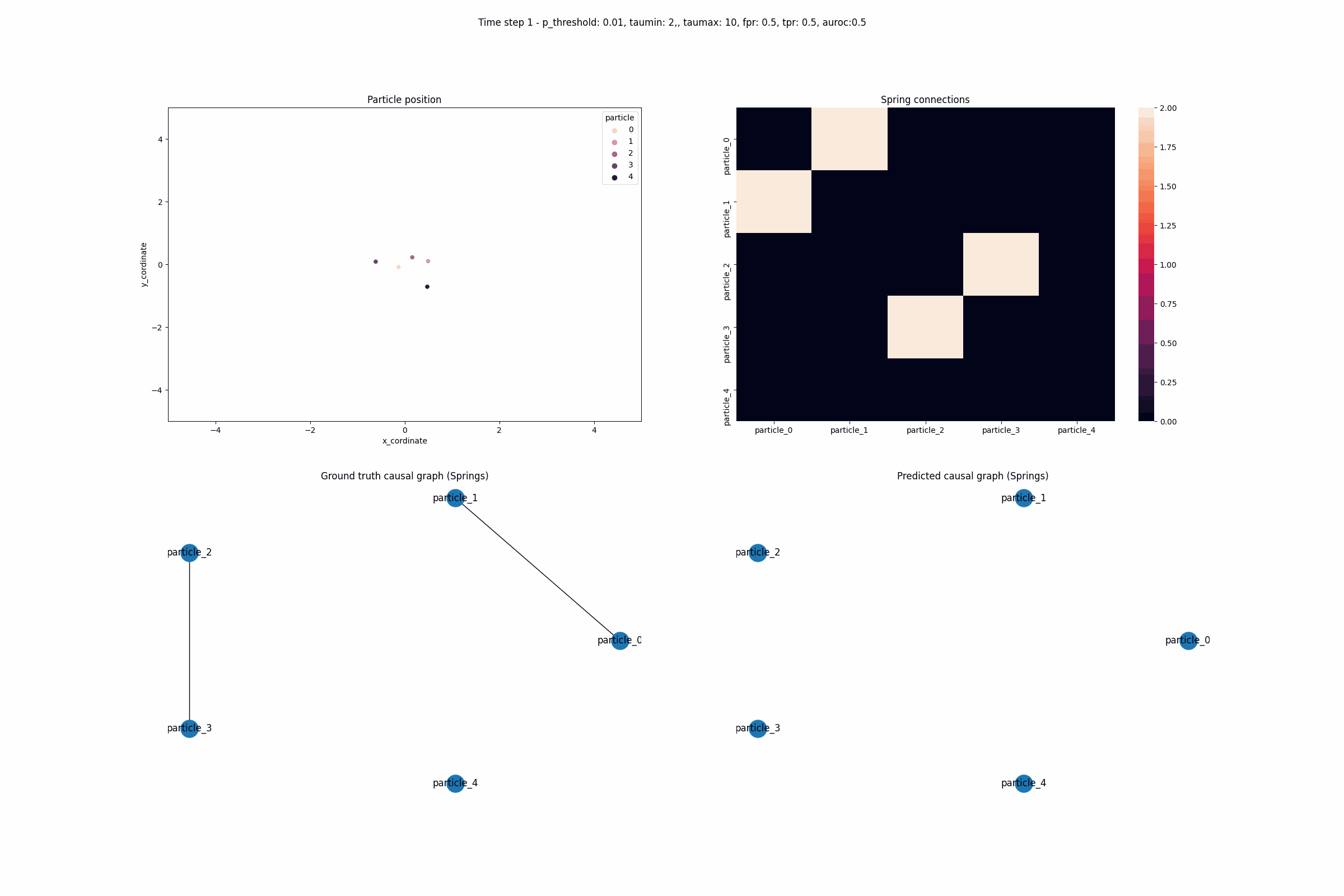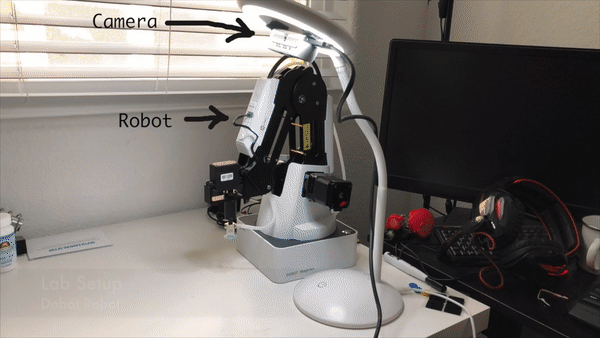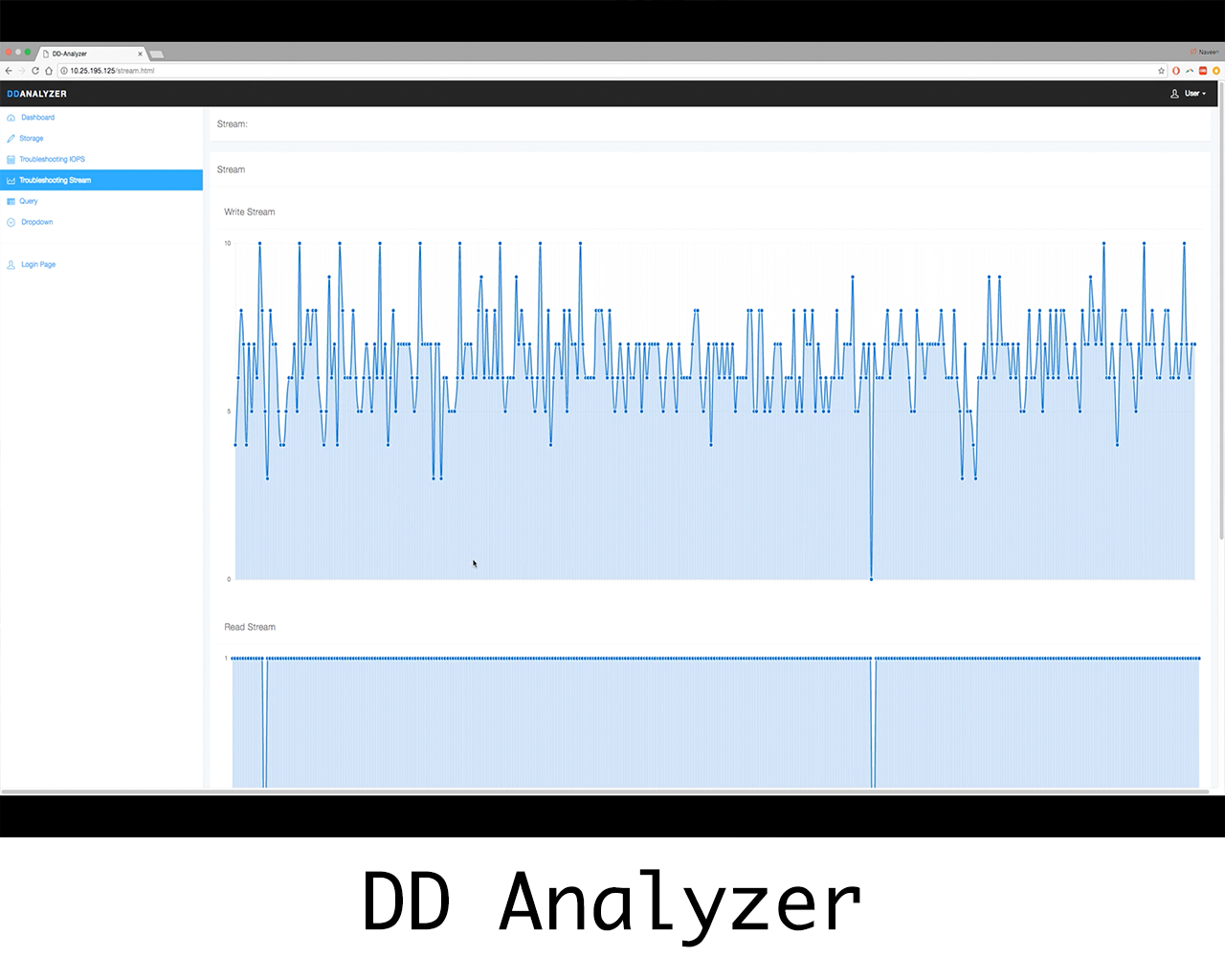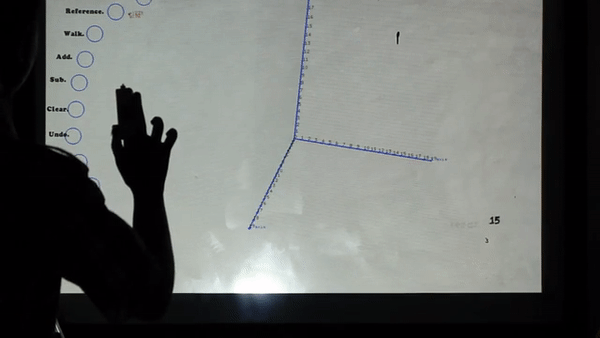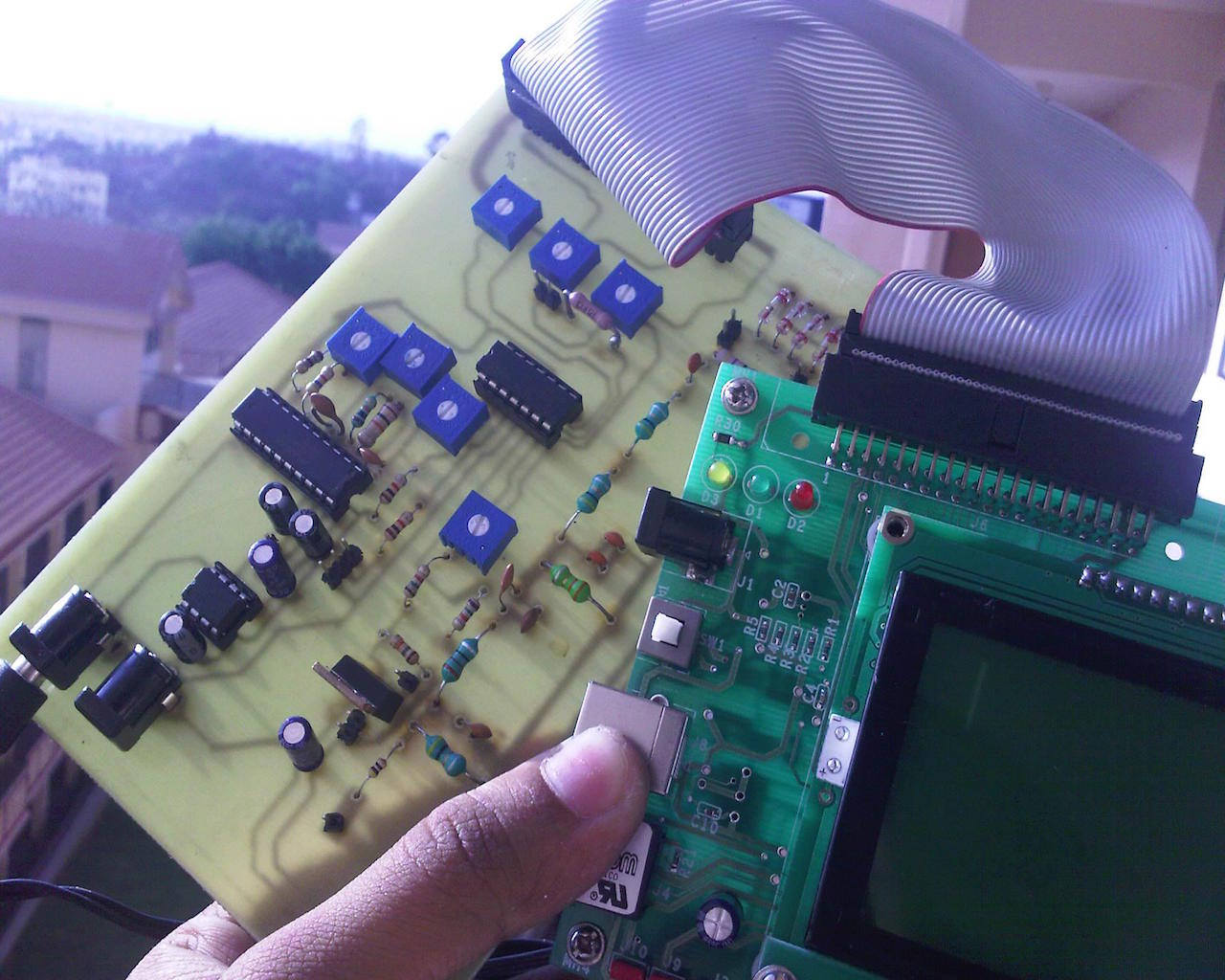Hello! I'm Naveen Mysore — a versatile software and research engineer with experience spanning robust system design and cutting-edge machine learning. I've built and deployed scalable infrastructure at Salesforce and now contribute to state-of-the-art AI research at UC Santa Barbara. With a master's degree in Computer Science from UNC Charlotte and a bachelor's in Electrical Engineering from PES University, I work at the intersection of engineering and scientific inquiry. My skillset covers backend development, cloud computing (AWS, Terraform), data pipelines, model fine-tuning (SFT, PPO, RLHF), and uncertainty quantification. I thrive in roles that demand both engineering rigor and experimental insight. Whether you're building production systems or pushing the boundaries of ML research, I bring a pragmatic, systems-thinking approach to solving problems in domains like healthcare, sustainability, and AI safety. I'm driven by curiosity, guided by impact, and passionate about turning bold ideas into real-world solutions.
Recent

Live Nutrition Estimation Demo
Scan the QR code above to try our live nutrition estimation service! Text a meal description like "I had a bagel for breakfast" and get instant nutrition analysis. This LLM was trained on the NutriBench dataset and fine-tuned using Reinforcement Learning on the Llama3.1B model. The inference model is hosted on AWS for real-time responses.
GitHub Repository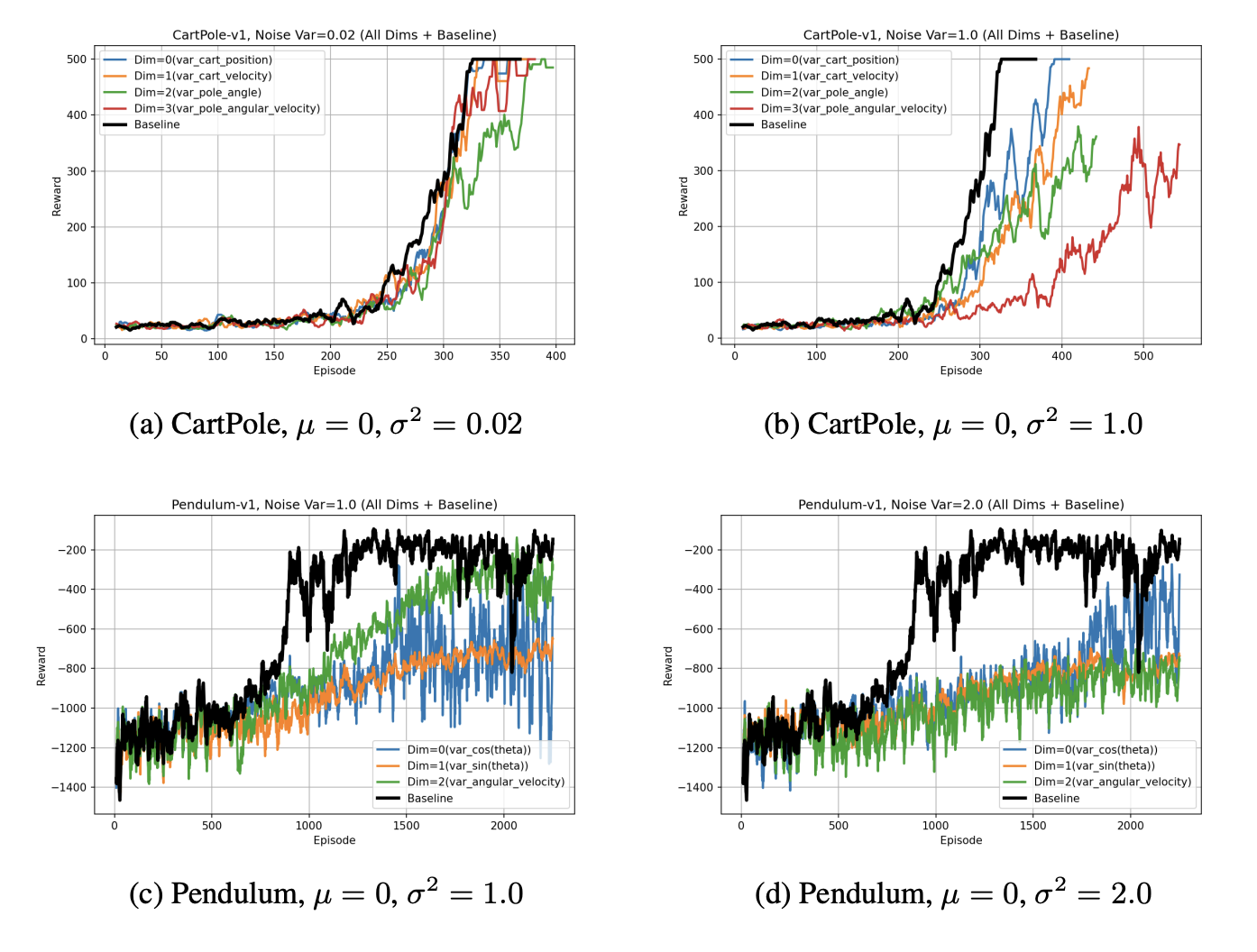
Markovianess: Quantifying First-Order Markov Violations in Noisy Reinforcement Learning
Novel Markov Violation score (MVS) to detect when noise or incomplete state information disrupts the Markov assumption in reinforcement learning. Using classic control tasks, its shown that removing causally essential state variables significantly impacts both returns and Markov consistency. This framework enables robust policy development for real-world RL scenarios with partial observability.
Status: Under review for NeurIPS 2025
arXiv PaperProjects
